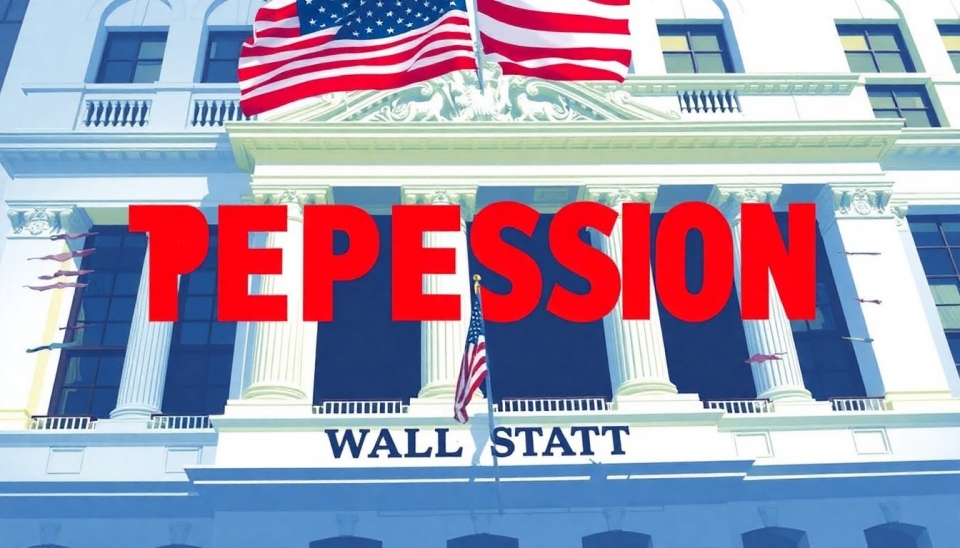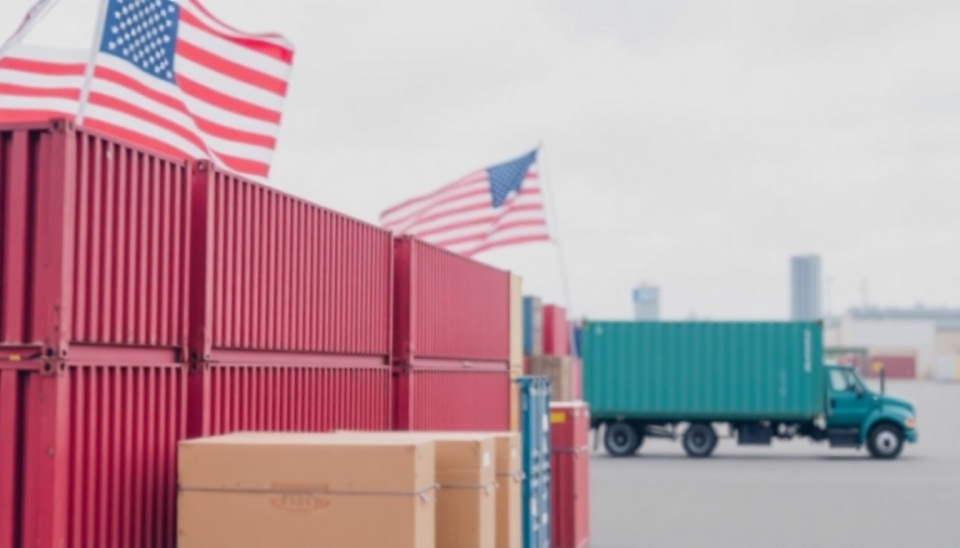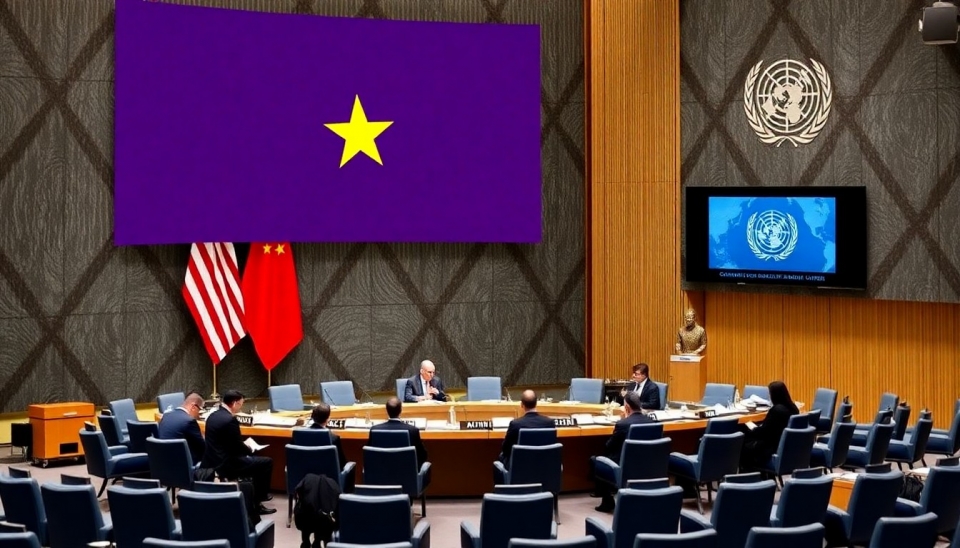Increasing Recession Fears on Wall Street Due to Tariffs and Trade War

In recent days, the level of concern among major financial firms on Wall Street has significantly increased due to the deepening trade disputes between the US and China. Analysts are warning of the potential consequences of new tariffs being implemented, which could ultimately lead to an economic downturn. Global supply chains and financial market stability are beginning to feel the pressure as companies increasingly reassess their strategies in the face of uncertainty.
The primary reason for the deteriorating economic situation is the escalating tariffs on imports, which were introduced in response to China's trade policies. Experts note that these measures could lead not only to temporary difficulties but also to long-term repercussions for the economies of both nations. The expected reaction from the Chinese side to the new tariffs could further exacerbate the situation, creating additional stress factors for the US economy.
The labor market is also under threat as companies may resort to cutting jobs or freezing hiring in response to unstable economic conditions. Such a scenario could negatively impact consumer spending, which is a key factor for economic resilience. Given these factors, experts advise readiness for potential revisions to economic growth forecasts in the months ahead.
It is worth noting that rising concern is driven not only by external factors but also by internal economic indicators. Rising inflation and volatility in the stock market also affect investor confidence. It is crucial to understand that these sentiments may lead to a more cautious investment approach and a slowdown in economic growth.
In light of these events, analysts are warning of the necessity for a more active dialogue between the US and Chinese governments to avoid further escalations and attempt to reach a compromise that will help stabilize the situation on global markets.
In conclusion, the situation on Wall Street and in the economy as a whole requires careful monitoring and preparedness to adapt to new challenges that may arise during trade negotiations and other economic processes. Investors should be aware of current trends and sentiments to make informed decisions in conditions of uncertainty.




